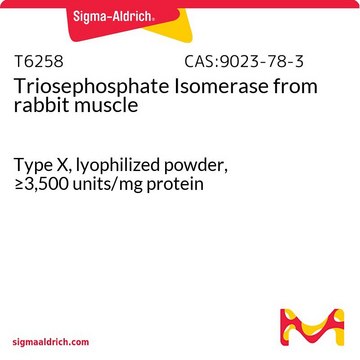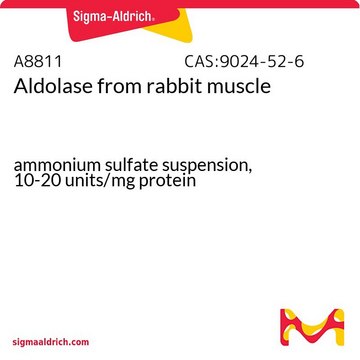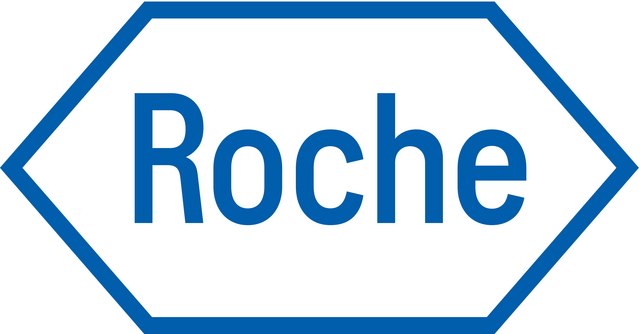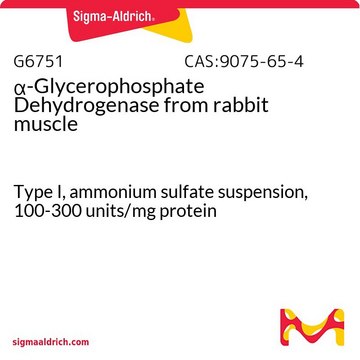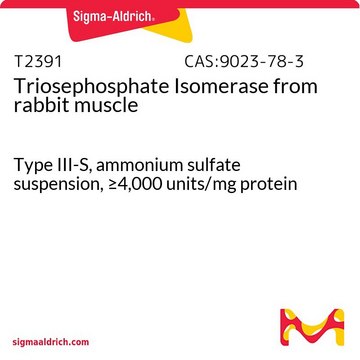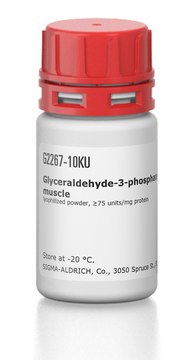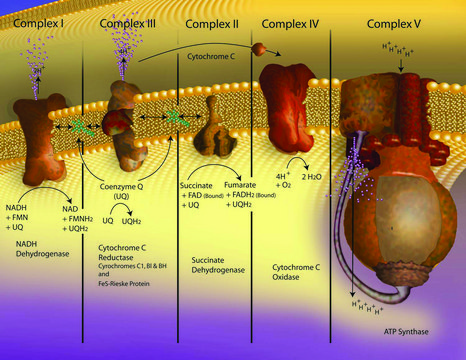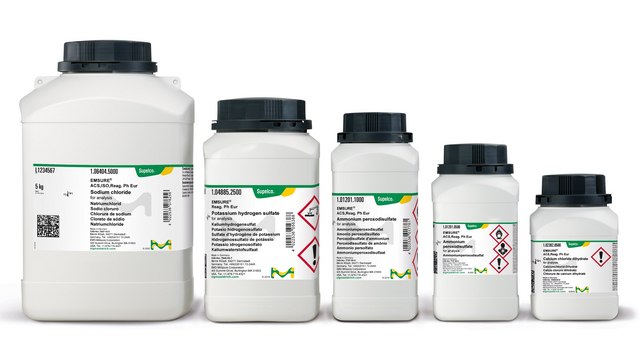802565
Aquivion® D79-25BS
liquid, dispersion, 25% in water, PFSA eq. wt. 790 g/mole SO3H, contains CF3 polymer chain ends as stabilizer
Synonym(s):
Aquivion® SO3H-form, Tetrafluoroethylene-perfluoro(3-oxa-4-pentenesulfonic acid) copolymer, Ethanesulfonic acid
Select a Size
About This Item
Recommended Products
Quality Level
form
dispersion
liquid
eq. wt.
790±20g/mol (SO3H)
contains
CF3 polymer chain ends as stabilizer
composition
25% in water
greener alternative product characteristics
Design for Energy Efficiency
Learn more about the Principles of Green Chemistry.
sustainability
Greener Alternative Product
concentration
25±1 % (w/w)
density
1.14 g/mL
greener alternative category
General description
Application
Features and Benefits
- Very high concentration of functional groups for strong proton (or Na+, K+, Li+, etc.) conductivity
- High softening point for high temperature operation well above 80 ºC •
- Strong water retention for better fuel cell operation at low-humidity conditions for membranes or catalyst inks that are utilizing this dispersion material
Legal Information
1 of 4
This Item | 1.02765 | 310433 | 1.02766 |
|---|---|---|---|
| form solid | form solid | form needles | form solid |
| assay (oxygen demand as CuO)- ≥ 55.0 % | assay (oxygen demand as CuO): -≥ 55.0 % | assay - | assay ≥99.0% (complexometric) |
| mp 1300 °C | mp 1300 °C | mp - | mp 1326 °C (decomposition) |
| density 6.2 g/cm3 at 20 °C | density 6.2 g/cm3 at 20 °C | density - | density 6.48 g/cm3 at 25 °C |
| cation traces C: ≤0.002%, N: ≤0.002% | cation traces C: ≤0.002%, N: ≤0.002% | cation traces C: ≤0.002%, N: ≤0.002% | cation traces C: ≤0.01%, Ca: ≤0.01%, Cr: ≤0.05%, Fe: ≤0.05%, K: ≤0.02%, N: ≤0.002%, Na: ≤0.05%, Pb: ≤0.05%, excess alkali:, passes test |
| weight =79.54 g/mol | weight =79.54 g/mol | weight - | weight - |
Still not finding the right product?
Explore all of our products under Aquivion® D79-25BS
Storage Class Code
10 - Combustible liquids
WGK
WGK 3
Choose from one of the most recent versions:
Already Own This Product?
Find documentation for the products that you have recently purchased in the Document Library.
Protocols
Enzymatic Assay of Fructose-6-Phosphate Kinase Pyrophosphate Dependent
